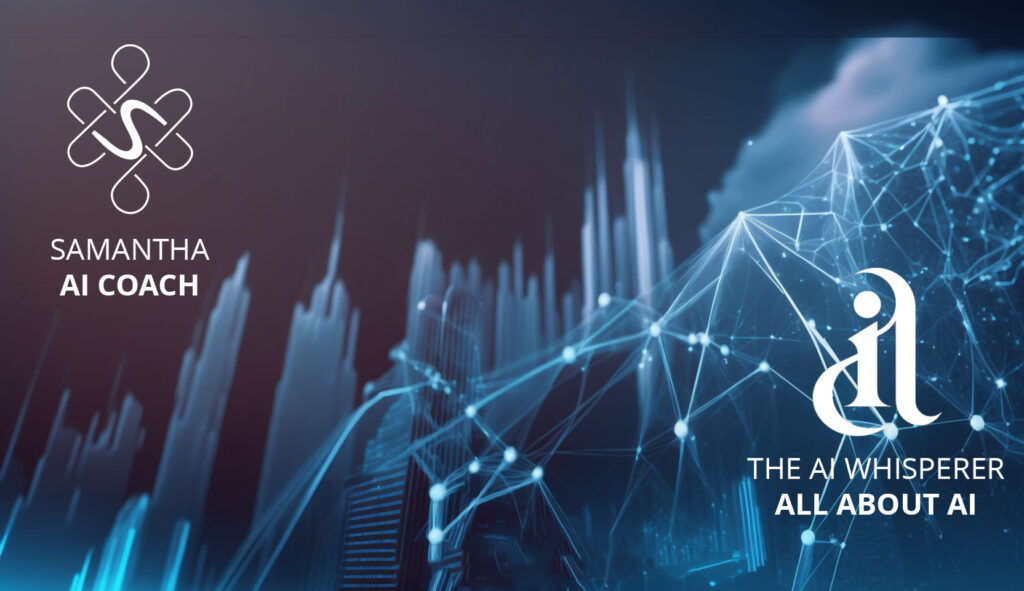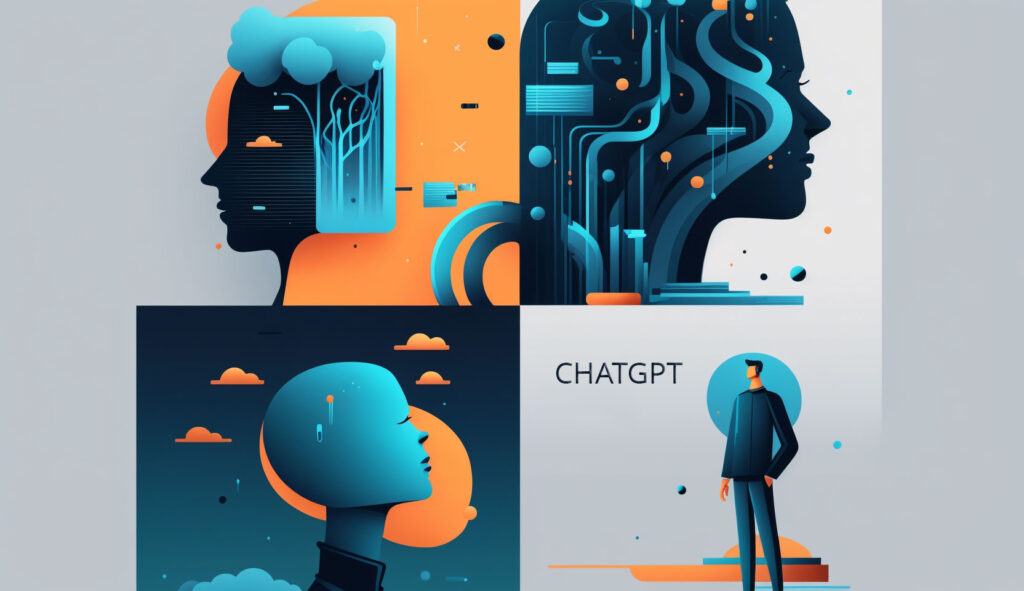Harvard University’s respected programming course, CS50, is making waves by advancing education with AI. For those unfamiliar, CS50 is a widely recognized introductory computer science course at Harvard, famous for its rigorous yet innovative approach to coding. This course is utilizing artificial intelligence in its curriculum, providing an innovative approach to education with significant potential for institutions globally.
AI Integration: Enhancing Learning Tools
By intertwining AI into CS50, Harvard is stepping into a new era where educational tools are not just static, but dynamic and interactive. This AI enhancement means students can easily unravel complex coding structures, receive rapid, constructive feedback, and decode ambiguous error messages, turning daunting coding obstacles into manageable learning opportunities.
Global Trends and AI Adoption in Education
This innovative step by Harvard resonates with the global shift of AI permeation across diverse sectors. Advanced language models like ChatGPT are becoming commonplace, and the academic realm is rightfully harnessing these advances. By integrating AI into CS50, Harvard has hit the ground running, ushering in a new age of tech-powered education that acknowledges and harnesses the digital revolution.
Harmonizing Human Educators with AI
CS50 exemplifies a balanced synergy between human teaching and AI support. The course leverages GPT 3.5 and GPT 4, state-of-the-art AI models, to augment the traditional teaching methods. The combination of AI’s precision and human educators‘ empathy and nuanced judgement cultivates an enriched learning environment that brings the best of both worlds to the classroom.
CS50 bot: An Innovative Student Support Tool
The innovative „CS50 bot“ on Ed Discussion signifies a landmark in CS50’s evolution. This AI-powered chatbot provides instant answers to students‘ queries, ensuring continuous, personalized support. This AI revolution in student support showcases how technology can streamline academic interactions, making the learning process more responsive and enjoyable.
Ensuring Academic Integrity with AI in Education
With the AI-powered tools, CS50 maintains academic integrity at its core. The AI components are designed to guide rather than provide direct answers, promoting independent problem-solving skills while offering necessary support. This thoughtful integration stands testament to the responsible usage of AI in education, which aids learning without overshadowing the academic values of original thought and effort.
Embracing AI-Driven Challenges as Learning Opportunities
While AI can present unexpected challenges or errors, CS50 uses these instances as triggers for critical thinking and problem-solving. These minor hiccups become opportunities for learners to engage, analyse, and devise solutions, reinforcing a proactive learning environment where mistakes are stepping stones, not setbacks.
AI in Education: Redefining Accessibility and Engagement
Harvard’s AI integration extends beyond the university’s physical classrooms. The AI benefits are also accessible to students enrolled in the online edX version of CS50, emphasizing the potential of AI to democratize education and make world-class learning accessible globally. Further, AI’s ability to manage administrative tasks frees educators to focus more on interpersonal interactions, making learning more personalized and meaningful.
Conclusion
Harvard University’s integration of AI in its CS50 course is more than a technological advancement; it is a beacon lighting the path to a more inclusive, engaging, and effective educational future. By advancing education with AI, Harvard is painting a hopeful picture of a learning landscape


